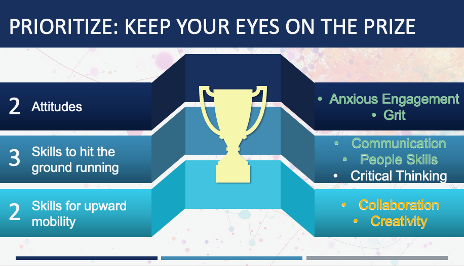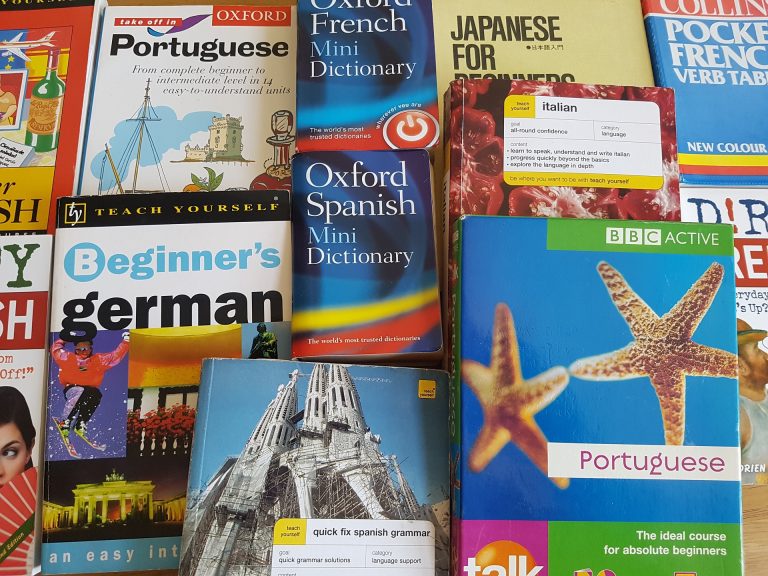The Other Side of Success: The Fawcetts’ Journey
At the core of MyEducator is the desire to enable student success through education, both in the classroom and out in the real world. MyEducator resources seek to enable professors to provide students the opportunity to gain both hard facts and practiced skills in preparation for the workforce.
But hard facts and practiced skills are only one part of success in both the workforce and the real world. On the other side of success are the less commonly considered “soft skills.” Soft skills are defined by Oxford Languages as “personal attributes that enable someone to interact effectively and harmoniously with other people,” which, while simple to recognize, can be much more difficult to apply (Oxford University Press, 2025).
The Mission
MyEducator authors, Stan and Dee Fawcett, however, have made it part of their life mission to provide opportunities for young adults all around the world to learn these necessary soft skills that will enable their success. Through years in the university setting, the Fawcetts found multiple ways to do just that. Three years ago, they found themselves in Samoa, where they worked with BYU-Pathway to aid the teachers in the Vaiola College on Savai‘i to develop the skills needed to be able to more effectively teach their own students.
Now they find themselves in Accra, Ghana, where, through Pathway Connect, they work with young adults at the Madina, Cantonments Campus, and Ashaiman Institutes to enter the workforce and the wider world with the English proficiency and soft skills needed to compete in the global job market. These bright, talented students already have the hard facts and practiced skills they need to be successful; global employers, however, want more. Using the 2-3-2 Model for Career Readiness, the Fawcetts work to round out the skill sets these students have when entering the workforce.
The 2-3-2 Model for Career Readiness
The 2-3-2 Model for Career Readiness is a simple yet powerful framework meant to prepare these students.

2 Core Attitudes
- Anxious Engagement: Approaching learning with curiosity, humility, and a willingness to stretch beyond comfort zones.
- Grit: Persevering with purpose and resilience through challenges.
Together, these attitudes build confidence and lifelong learning capacity and show future employers that students can be trusted to perform well, take the initiative, and bounce back when the going gets tough.
3 Skills to Hit the Ground Running
- Communication: Clear, confident, and professional expression.
- People Skills: Empathy, teamwork, and relationship-building.
- Critical Thinking: Problem-solving, analysis, and ethical decision-making.
These “day-one” skills prepare students to create a first impression that will last, contribute immediately in any setting, and confidently and successfully navigate inevitable conflict.
2 Skills for Upward Mobility
- Collaboration: Working effectively in teams, sharing success, and resolving conflict.
- Creativity: Thinking differently, innovating, and adding unique value.
These “upward mobility” skills enable students to advance in the workplace and set themselves apart as effective team players and standout contributors.
All in all, the 2-3-2 Model for Career Readiness is meant to not only help these students get jobs but also create value, lead with integrity, and represent Ghana with excellence in the global arena.
The Fawcetts are far from alone in wanting to prepare students for success in the global marketplace. Instructors everywhere have the same goal. And so does MyEducator.
When it comes to the two sides of success, MyEducator’s goal is to provide instructors with the resources they need to facilitate students’ acquisition of both the hard facts and the practiced skills needed to be successful. The hope is that, with MyEducator’s help, instructors will then have the time and energy to teach students the skills they need that extend beyond the textbook.
Stan Fawcett is the project lead for MyEducator’s Supply Chain Management series and both he and Dee Fawcett are major contributors.








